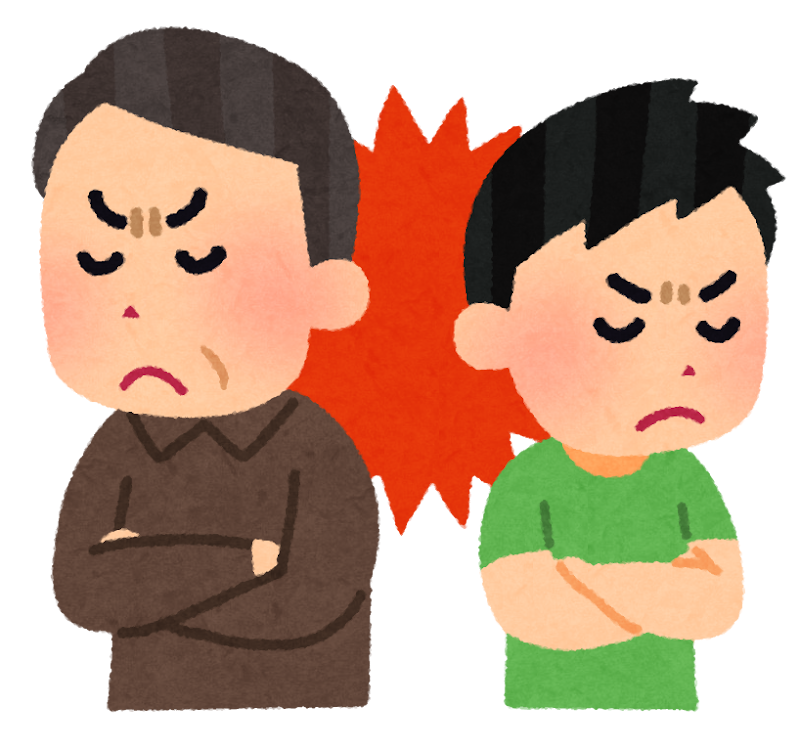Oishinbo is a legendary culinary manga, celebrated for its deep respect for food and relentless pursuit of gastronomic excellence. Its dedication to ingredients and the culture of dining has resonated with readers for generations. However, on the flip side, its exaggerated and often unrealistic portrayal of food can be downright amusing. There are many moments where you just can’t help but think, “Isn’t this a bit much?” So, let’s dive deeper into the humorous ironies within Oishinbo, using some specific examples to guide us.
1. The Epicurean Battle: Philosophizing Food to the Extreme
One of the central themes of Oishinbo is the ongoing duel between the “Ultimate Menu” and the “Supreme Menu.” This isn’t just a competition over who can make tastier food—it’s a contest where the creators’ life philosophies and artistic sensibilities are on the line. In one episode, for instance, Shiro Yamaoka boldly declares, “If we don’t use fresh mackerel, the future of Japanese cuisine is doomed!”
Now, most of us enjoy a good mackerel dish and appreciate fresh ingredients, but this is a bit over the top. The idea that one choice of fish could dictate the fate of an entire nation’s culinary tradition is laughable. The seriousness with which Yamaoka and his peers take these food debates can make you think, “Really? It’s just fish!” The tension between him and his rival, Kaibara Yuzan, often escalates to the point where they’re not just discussing the merits of a dish, but essentially debating the very meaning of life, as if a simple misstep in seasoning could unravel the fabric of the universe.
Their arguments often go beyond the ingredients and techniques, reaching into the realm of high-stakes philosophical discourse. One could almost say they’re fighting a “food war” where culinary decisions hold existential weight. As much as we can appreciate the passion, for viewers, it’s hard not to chuckle at the sheer absurdity of it all. The result? A bizarre blend of culinary art and overblown theatrics that, ironically, ends up being both gripping and comical.
2. Shiro Yamaoka’s Obsessive Food Criticism
As the main protagonist, Shiro Yamaoka takes food far too seriously—often to the point of being unreasonably critical. His judgments go beyond the usual “taste good or bad” criteria. He’ll scrutinize the selection of ingredients, cooking methods, and even the attitude of the cook, making no meal safe from his analytical gaze. It’s as if every meal, no matter how simple, is being reviewed by a Michelin inspector.
In one episode, Yamaoka critiques a colleague’s homemade miso soup, saying, “Your choice of miso is all wrong!” Instead of simply saying, “It’s tasty” or “It could use a bit more salt,” he launches into a lecture about miso varieties and their origins. For most people, such intense scrutiny over a simple bowl of soup seems ridiculous. His colleagues must feel like they’re walking on eggshells whenever they serve him food. After all, even a casual home-cooked meal becomes a battlefield for culinary perfectionism in Yamaoka’s world.
It’s precisely this overly fastidious attitude that makes Yamaoka unintentionally comedic. We can’t help but think, “Is it really that important?” In the Oishinbo universe, even the most basic dishes are treated like pivotal moments in the future of dining. This level of obsession might make him a formidable food critic, but it also paints him as an inadvertently humorous character, given how out of touch his critiques are with everyday life.
3. The Magic of Food: Solving All of Life’s Problems
One of Oishinbo’s most fantastical tropes is the idea that food can solve any problem. Family disputes, workplace conflicts, cultural misunderstandings—no matter how complicated the issue, a “special dish” can somehow resolve everything in a flash. It’s a charming notion, but one that feels wildly idealistic and downright unrealistic.
In one storyline, a family is on the verge of a serious breakdown. Yet, after they sit down and enjoy a meal that Yamaoka has prepared, they are suddenly moved to tears and completely reconcile. The idea that all of a family’s deep-seated issues can be healed with a single meal might sound romantic, but let’s be real—food isn’t a magic cure for all of life’s problems. As wonderful as a meal might be, it can’t erase years of misunderstanding or complex emotional conflicts overnight.
Of course, we can appreciate the sentiment that food brings people together. However, the way Oishinbo portrays it as a near-magical fix for even the most intractable human problems seems overly simplistic. It’s as if the series is saying, “Why bother with therapy or counseling when you could just eat a well-prepared dish and fix everything?” It’s a nice thought, but we all know that’s not how life works.
Conclusion: Oishinbo’s Pursuit of Perfection, and the Irony It Creates
Oishinbo is a masterpiece in its dedication to the art and culture of food. However, its relentless pursuit of perfection often borders on the absurd, making it a source of unintended humor. The series elevates food to such a sacred level that it sometimes forgets the reality of everyday life, creating an ironic contrast between its lofty ideals and the more mundane aspects of dining.
From its over-the-top culinary battles to Yamaoka’s extreme food critiques and the unrealistic power of food to fix everything, Oishinbo succeeds in making us reflect on the importance of food while also giving us plenty to laugh at. In the end, it’s the series’ unwavering seriousness that becomes its most ironic charm. Perhaps the biggest lesson we can take away from Oishinbo is that, while food is certainly something to be celebrated, it doesn’t have to be taken that seriously all the time.








最近のコメント